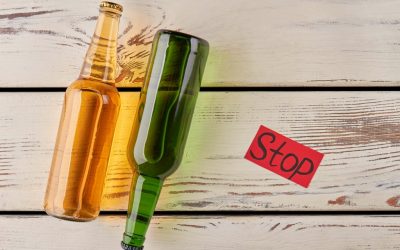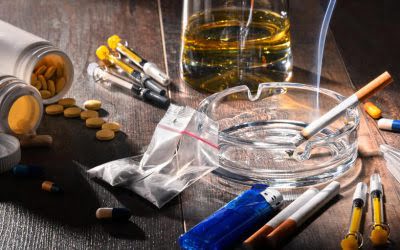First-time drinking can be different because we don’t know how does it feel to be drunk what to expect, and it’s the first time our body is exposed to alcohol, potentially leading to a more intense reaction. Although being drunk can feel fun to begin with, it is a sign that alcohol has temporarily changed how the brain functions. Continuing to drink when already feeling drunk can increase a person’s risk of complications.
- It’s important to recognize and manage these changes responsibly to ensure the safety and well-being of oneself and others.
- A person can be arrested if they are found driving with a BAC above this limit.
- Different jurisdictions have varying laws regarding alcohol intoxication levels and operating a vehicle or engaging in certain activities under the influence.
- Typically expressed as a percentage or in grams per 100 milliliters of blood, BAC indicates how much alcohol has been absorbed into the bloodstream after drinking.
What Are the Different Stages of Being Drunk?

You can use a breathalyzer or a field sobriety test to see how drunk you are. BetterHelp offers affordable mental health care via phone, video, or live-chat. At a .30 BAC, you’ll have very little comprehension of the symptoms of lesser BAC levels, but worse. At a .08 to .09 BAC, you’ll believe you’re functioning better than you are. For example, you may start to slur your speech and rock off balance.
How Alcohol Affects Your Brain’s Messengers
Moreover, if you’re in a romantic relationship, cutting back on drinking or quitting altogether can enhance intimacy and strengthen emotional connections with your partner. By being fully present in the moment without the distraction of alcohol, you may find that you are more emotionally connected to your loved ones. https://www.gqaraldica.it/2022/04/18/how-to-overcome-feelings-of-shame-in-recovery/ While it’s rare to die from consuming too much marijuana, it is possible. Consuming large amounts can lead to severe anxiety, paranoia, and even hallucinations in some cases. On the other hand, alcohol poisoning is a serious condition that can be fatal if left untreated.
Tipsy vs. Drunk: What is the Difference?
Alcohol intoxication is a state in which an individual’s mental and physical abilities are impaired due to the consumption of alcohol. Understanding what alcohol intoxication entails and how it affects the body is essential for making informed decisions about alcohol consumption. In this article, we’ll explore the various stages of drunkenness, the physical and mental effects of alcohol, and tips for staying safe while consuming alcohol. For individuals with Alcoholism, their actual brain is addicted to the drug. Plus the more someone drinks, the more they need to feel the desired effects like euphoria and pleasure, increasing their chances of alcohol poisoning or death. Like drinking, Alcohol Use Disorder is common, and NSDUH estimates that 14.5 million people over the age of 12 have had the disorder.
How to Sober Up From Alcohol

From the second you take a sip, alcohol starts working its way through your body, affecting everything from your mood to your muscles. Peeing a lot and not getting enough nonalcoholic fluids can lead to dehydration and make you even more drunk. Your brain produces antidiuretic hormone (ADH), which tells marijuana addiction your kidneys how much water to retain.

In both states, emotions can be more challenging to regulate, which can impact the dynamics of relationships. It’s essential for individuals to be aware of their emotional state and how it may affect their interactions with others. Additionally, it’s crucial for partners and loved ones to be understanding and supportive during these moments. The level of intoxication may be dependent on several factors, but like any other type of alcohol, wine can definitely leave us feeling drunk.
Understanding the Physical Sensations of Being Drunk
Exceeding this limit can lead to charges, license disqualification, and mandatory rehabilitation. Psychologically, alcohol reduces inhibitions, influences emotions, and decreases reaction times. Even at low doses, these effects are evident, making sober judgment and appropriate behavior more difficult. When a person is sober, they have not consumed any alcohol and their physical and mental faculties are functioning normally. Mild intoxication occurs when a small amount of alcohol is consumed, resulting in subtle changes in behavior and perception.

0 نظر
نوشتن نظر جدید